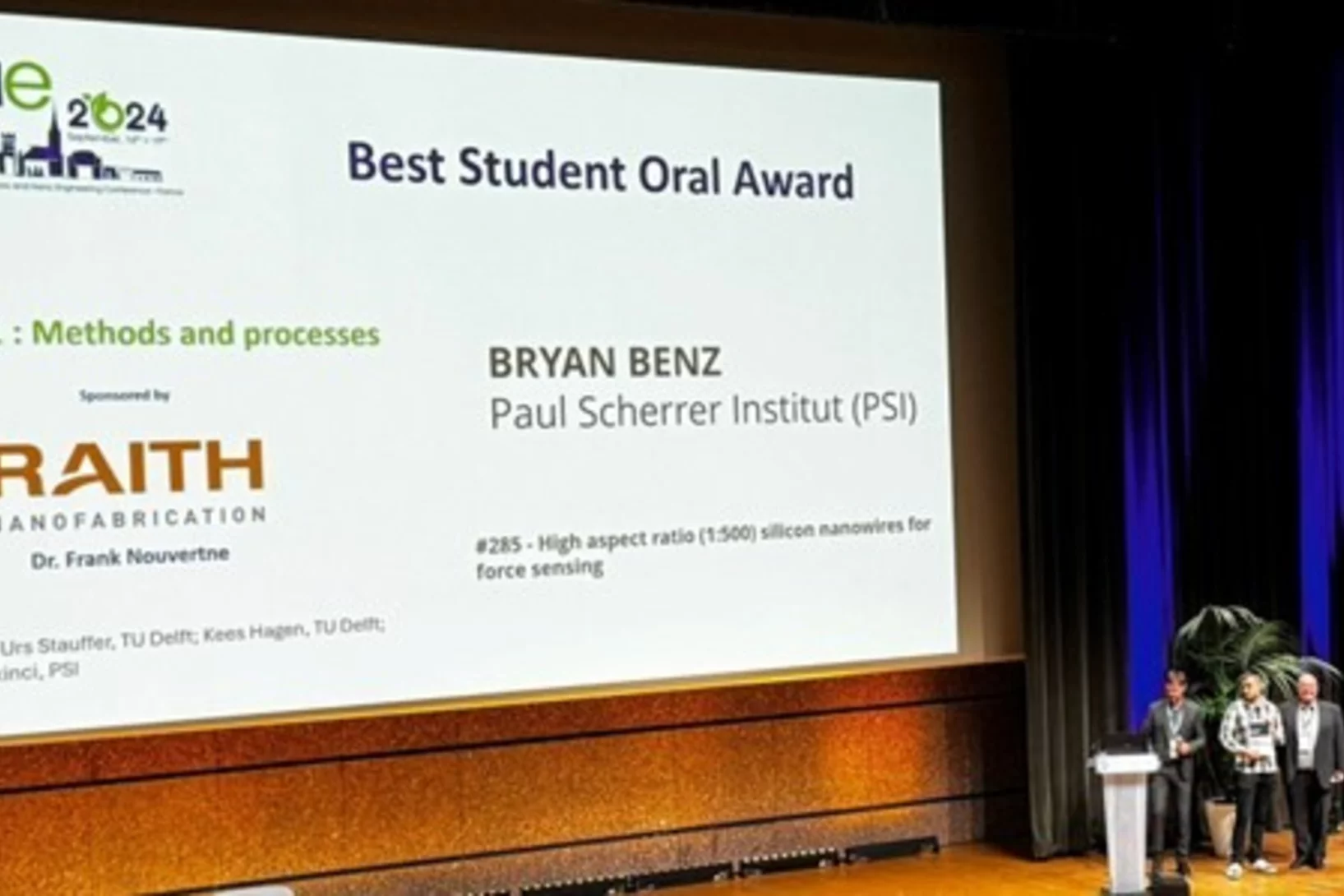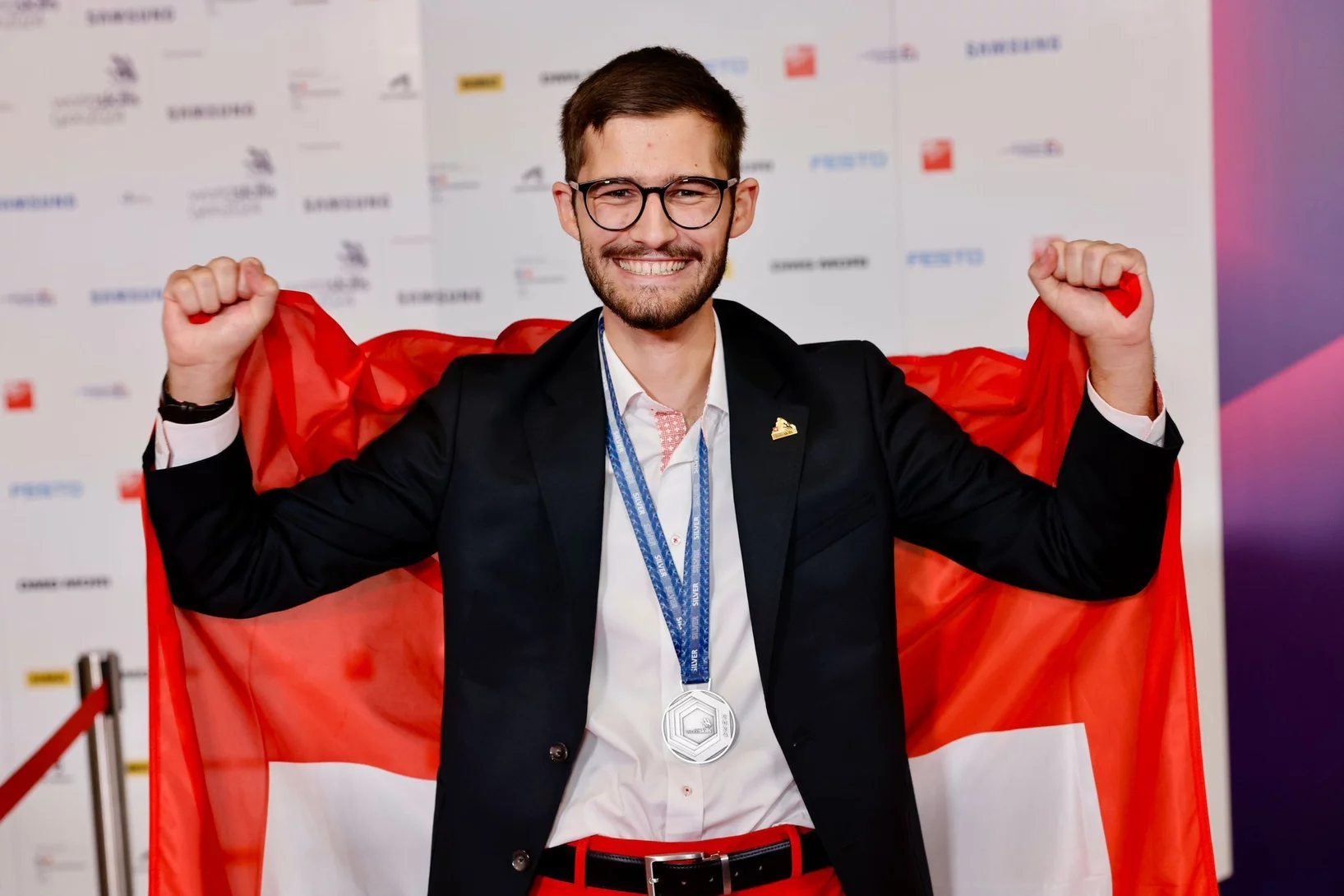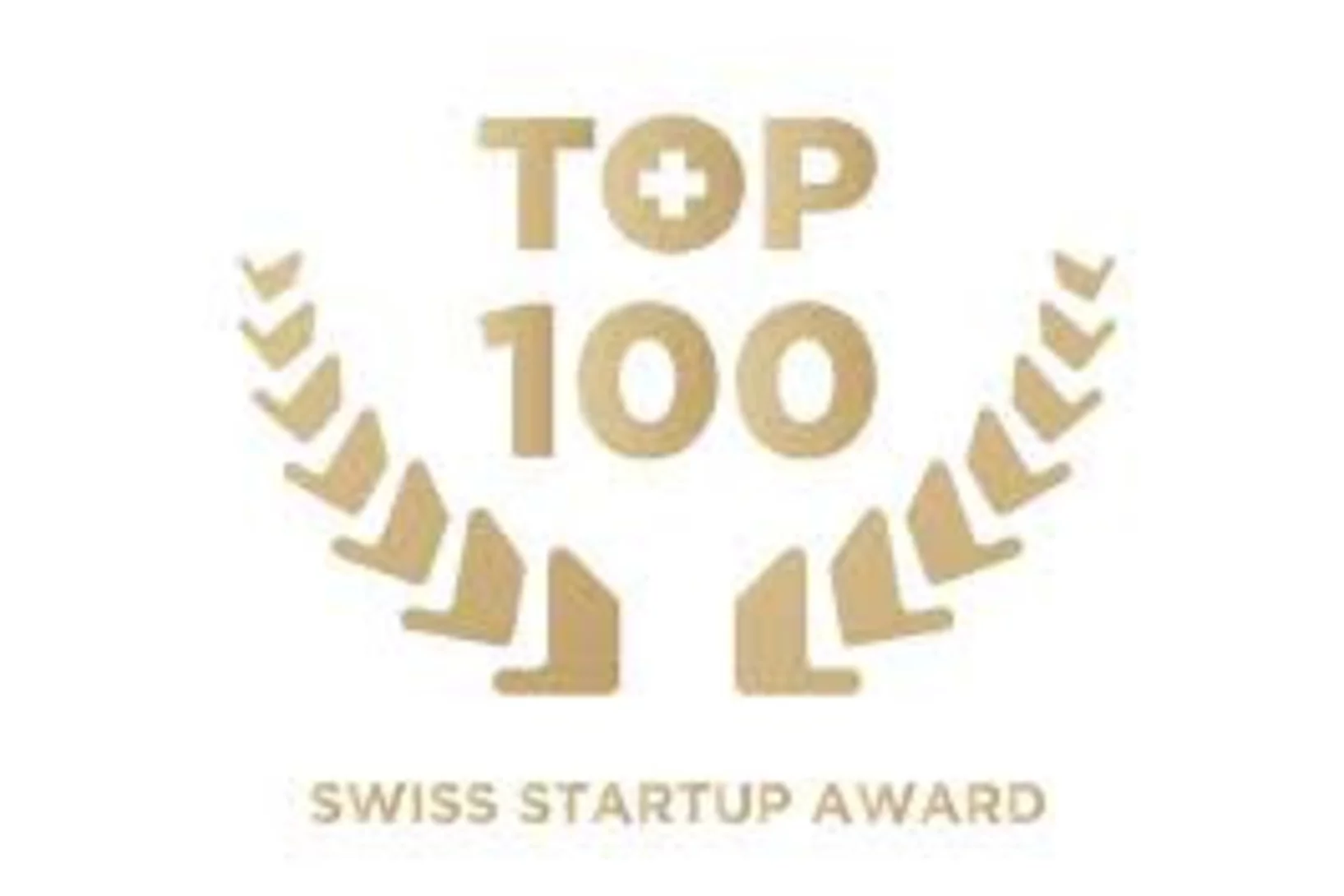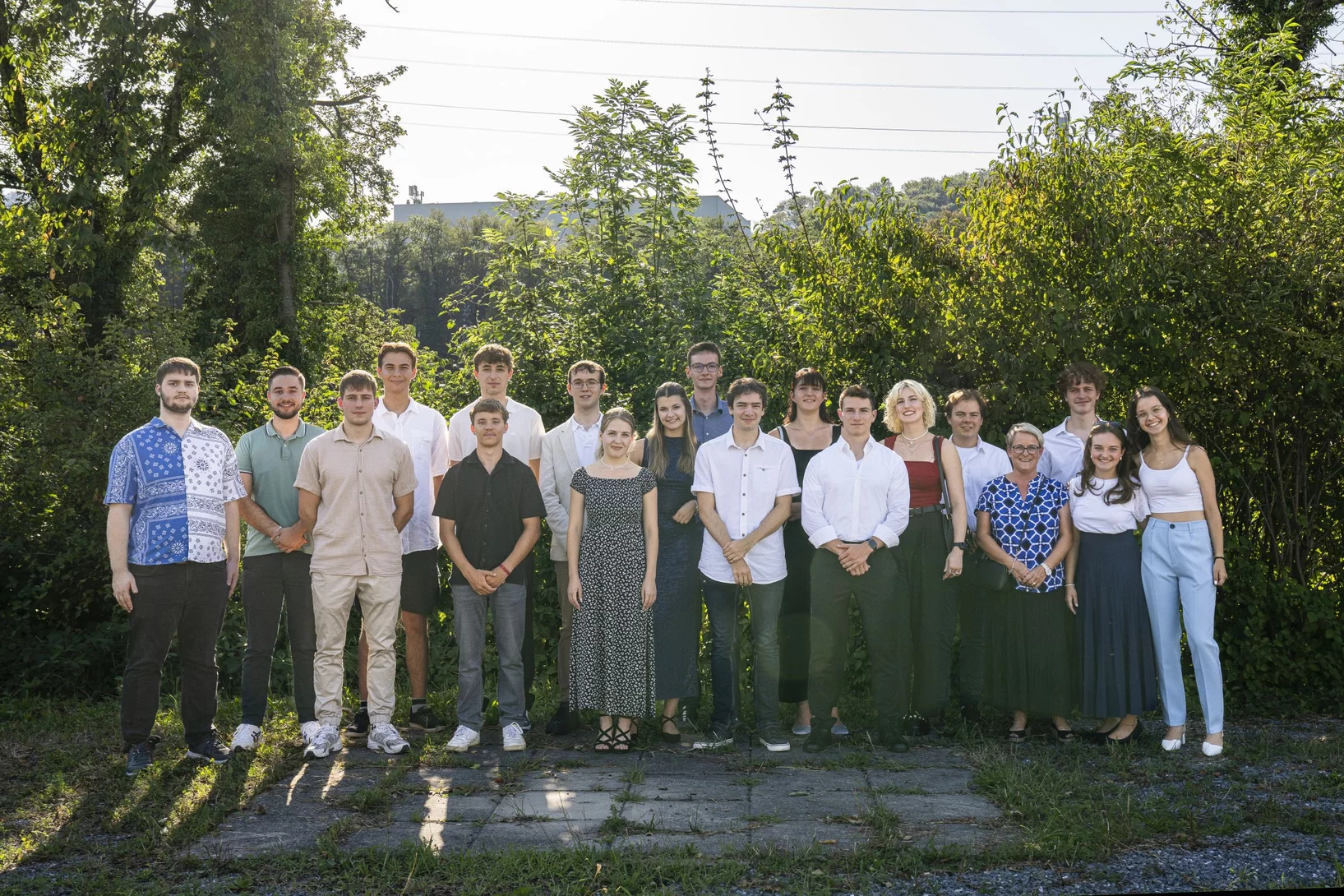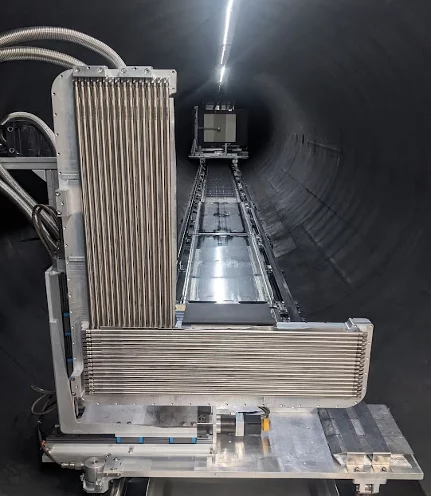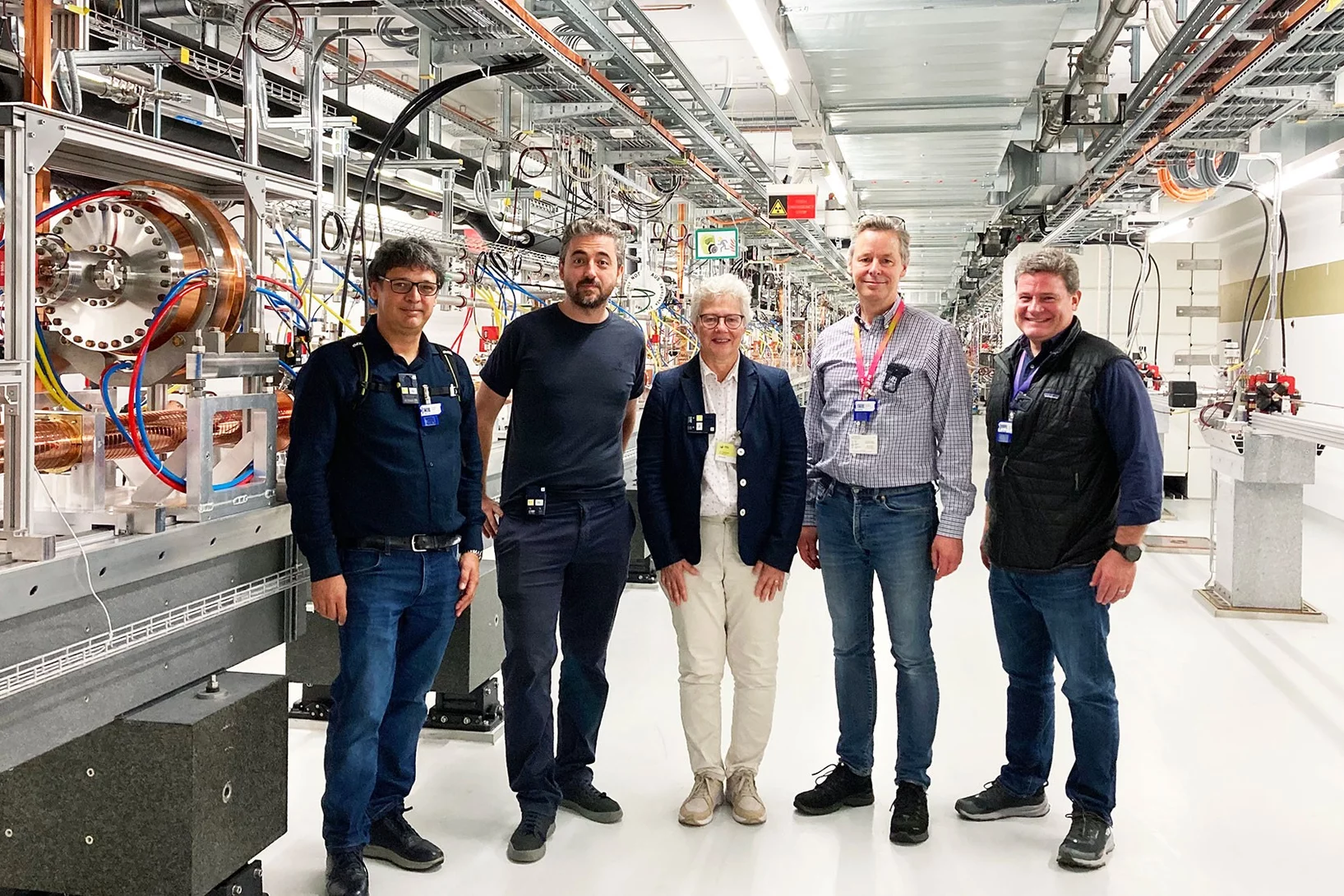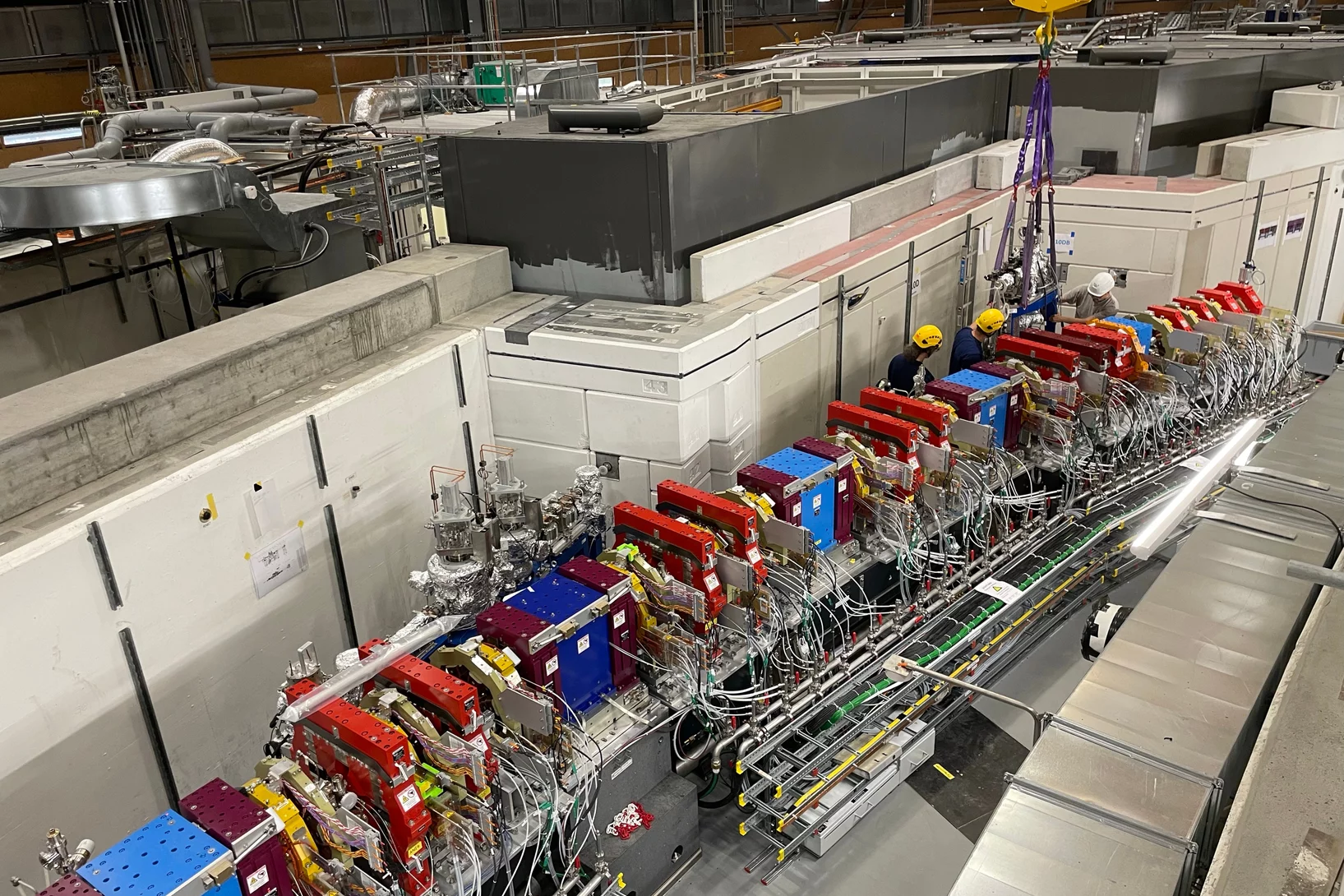At PSI, several projects are dedicated to important research questions concerning the Sars-CoV-2 coronavirus and the resulting diseases. We provide information on activities and projects, for example on investigations of lung tissue, on the production of proteins and antibodies or on ideas for new research on Covid-19.
Useful links
Ian Shipsey
The Mu3e collaboration is deeply saddened to by the loss of our colleague and friend Professor Ian Shipsey, Head of Department of Physics in Oxford and co-lead of the Oxford Mu3e group.
Career Perspectives at our Partners: Maria-Alexandra Paun, Federal Office of Communications
Our partners are interested in attracting PSI's early career researchers, and we introduce scientists working at partner companies to showcase career perspectives. In today's post, meet Maria-Alexandra Paun, who did her PhD in Microelectronics and Microsystems at EPFL and is currently working at the Federal Office of Communications. She tells us how she managed the transition away from academia, and what she is working on now.
New Monochromators for SLS 2.0
The brand-new monochromators that have been built by XDS Oxford for the hard X-ray beamlines at SLS 2.0 have now arrived. They were unpacked beginning of the week, and are currently being tested in our new lab space at Park Innovaare. These advanced instruments will play a crucial role in enhancing the beamline performance, ensuring superior precision and efficiency in the upcoming experiments.
Master of the flow
Even as a student, Athanasios Mokos was excited by the dynamics of fluids. Today at the Paul Scherrer Institute PSI, he models complex processes such as the formation of deposits on reactor fuel rods.
Recognition at MNE 2024 Micrograph Contest
The MNE conference is the flagship event of the International Society for Micro- and Nanotechnology (iMNEs). The research fields covered by the MNE conferences have consistently driven advancements in the development of smaller and smaller structures. To emphasize the significance of micrographs in this field, the conference features a micrograph contest, sponsored and hosted by Zyvex Labs. Entries are judged based on both their technological relevance and artistic merit.
This year, Peng Qi from the X-ray Nano Optics group, LXN, CPS, earned third place and an honorable mention for his two submitted images.
iLab an den Energy Days! im Verkehrshaus
18., 19. und 20. Oktober 2024
Energy Days! im Verkehrshaus der Schweiz
Welcome to LXN Rok Venturini
Herzlich Willkommen Rok Venturini im LXN!
Magnetism in thin layers: One electron makes the difference
An important step towards novel computer memory
Happy Birthday, DECTRIS!
DECTRIS AG was founded around 18 years ago as a spin-off of the Paul Scherrer Institute (PSI) and has since established itself as a leading provider of solutions in X-ray and electron detection. The impressive development of the company is the result of innovative research, outstanding teamwork, and a clear focus on market needs.
Converting the CHF3 greenhouse gas into LiF coating for high-voltage cathode materials toward high-energy density Li-ion batteries
The instability and the fading of high voltage cathode materials above 4.3 V remains a major challenge for the next generation of high energy density Li-ion batteries. Here, we present a facile, environmentally friendly, cost effective and scalable method to address this problem by uniformly fluorinating the surface of cathode materials with CHF3, a mild fluorinating agent but a potent greenhouse gas. CHF3 is successfully transformed into ~2 nm LiF homogenous layer covering the surface of layered-oxide cathode materials.
Orbitronics: new material property advances energy-efficient tech
Discovery of orbital angular momentum monopoles boosts the emerging field of orbitronics, an energy-efficient alternative to electronics.
Die Stifti’24 fand am 12. und 13. September 2024 in Brugg-Windisch statt
Die Erstausgabe der Regionalen Berufsschau im September 2022 stiess auf ein rundum positives Echo. Jetzt geht es in die zweite Runde auch mit dem PSI.
Bryan Benz awarded best talk at MNE 2024
Bryan Benz was awarded the conference’s best oral presentation at the 50th International Micro and Nano Engineering Conference (MNE 2024) for his talk entitled “High aspect ratio (1:500) silicon nanowires for force sensing”.
Start-up Lernende 2024
Über 50 Lernende nahmen an der Begrüssung des Gewerbeverein Surbtal teil!
Artificial intelligence explores the underground
The properties of geological units are determined using images of drill cores.
Fast as a plane, clean as a train
In a collaboration across Switzerland, researchers have evaluated the potential environmental impacts of so-called hyperloop systems.
Ferromagnetic quantum critical point protected by nonsymmorphic symmetry in a Kondo metal
Quantum critical points (QCPs), zero-temperature phase transitions, are win- dows to fundamental quantum-mechanical phenomena associated with universal behaviour. Magnetic QCPs have been extensively investigated in the vicinity of antiferromagnetic order. However, QCPs are rare in metallic ferromagnets due to the coupling of the order parameter to electronic soft modes. Recently, antisymmetric spin-orbit coupling in noncentrosymmetric systems was suggested to protect ferromagnetic QCPs. Nonetheless, multiple centrosymmetric materials ...
Tumour irradiation, individualised daily
A PSI feasibility study shows: Even in everyday clinical practice, treatment can be adapted daily. Thus, the tumour will always be treated with exactly the right dose of radiation.
WorldSkills 2024
Grossartig! Melvin Deubelbeiss hat an der WorldSkills 2024 in der Disziplin Elektronik die Silbermedaille gewonnen
PSI Spin-offs shine at the TOP 100 Swiss Startup Award!
Two spin-offs from the Paul Scherrer Institute (PSI) have made it into the TOP 100 Swiss Startups 2024!
Berufsübergreifendes Projekt (BüP), eine Zwischenbilanz
Erfolgreicher Start des Töggelikasten-Projekts
Am 13. Dezember 2023 startete das Projekt Töggelikasten. In diesem Projekt wollen wir alle Berufe am PSI abbilden und dies 2025 am Anlass «Lehrberufe à la carte» präsentieren.
Lehrabschlussfeier 2024
Lehrabschlussfeier
Welcome to LXN Jamie Bragg
Herzlich Willkommen Jamie Bragg im LXN!
Welcome to LXN Tijl Degroote
Herzlich Willkommen Tijl Degroote im LXN!
Towards first experiments on SANS-LLB
SANS-LLB instrument at SINQ close to performing first internal experiments
Excited About SLS 2.0!
Researchers tell us why they are excited about SLS 2.0 and more brilliant light for science
Nobel Prize winner Anne L’Huillier visits SwissFEL
X-ray free-electron lasers could unlock the next frontier in attosecond research
The Zuoz school’s 26th edition
26th Zuoz Summer School on particle physics took place at the Lyceum Alpinum with close to 100 participants.
SLS 2.0: Empowering Industry with Cutting-Edge Technology
The "SLS 2.0" upgrade will elevate the Swiss Light Source (SLS) at PSI to a new technological level, ensuring it remains a global leader in research. This upgrade not only enhances scientific capabilities but also opens new possibilities for the industrial sector.
For over two decades, the SLS has delivered extremely bright, highly focused X-ray beams, enabling researchers to analyze materials at the atomic level. With SLS 2.0, this large research facility will reach even greater performance levels – offering a significant advantage for companies invested in research and development.
PRISMAP Radiolanthanides Workshop: Advancing Cancer Therapy
The PRISMAP Radiolanthanides Workshop took place at the Paul Scherrer Institute in Switzerland from September 3 to 5, 2024. This influential three-day event gathered leading experts to review the latest advancements in radiolanthanides—radioactive elements at the forefront of cancer therapy. The workshop showcased cutting-edge developments in radiolanthanide production and explored their applications in both preclinical and clinical settings. A key highlight was an insightful panel discussion on the "Clinical Translation of Terbium-161 and Lessons Learned," which provided valuable takeaways for the future of cancer treatment. The event received extensive media coverage and was recently featured by the Swiss Society of Radiopharmacy and Radiopharmaceutical Chemistry (SGRRC)













